Plant Clinic
Do you have questions about what’s going on in your yard or garden? Do you notice damage to your plants? Do you have questions about how to care for your garden? If so, please contact us for FREE advice! A WSU Extension Master Gardener Volunteer will respond to your questions.
Prevention is the key-would you like to know the problems that may be popping up in your garden or landscape this time of year? Please see our “Looking Ahead” posts
Ask the Master Gardener Volunteers for FREE advice:
Email: cowlitzmastergardener@gmail.com (Best option—we can get back to you sooner, and you can email photos, too)
Call: 360‐577‐3014 Ext. 1
Extension Office—drop off samples (instructions) MWTh from April-October, and Wednesdays November-March. Master Gardeners will get back to you.
304 Cowlitz Way, Kelso WA. (Parking/entrance on 4th Ave)
EMAIL: To help us to help you, we’d like to get some basic information about your garden issue. Please choose from the categories below. You’ll be taken to a questionnaire that will give us a good start in gathering the necessary information to address your question. You will be given the opportunity to upload photos (instructions). We’ll get back to you soon!
Call, email, or stop in at the clinic!
Photo instructions:
For plant ID, please show close-up, of leaves, how the leaves are attached to the stem, and a picture of the entire plant, tree, or shrub.
For plant problems, please take close-ups of the area of concern, both sides of the leaf (if applicable), healthy and problem areas, as well as a look at the entire plant.
For insect ID, please show as much detail as possible.
How to collect a sample
Insects
Capture insects and immediately kill by freezing. Leave in freezer overnight. Pack gently with tissues or cotton in a stoppered vial. If desired, include sample of damage.
Do not place butterflies, moths, or bees in alcohol, as key diagnostic features will be ruined.
Do not bring crushed insects or insects caught on tape or on sticky traps
Plant Diagnosis
Select plant material showing symptoms of concern and submit various stages of the problem, especially the early stages.
Many problems originate belowground in and around roots-- include roots and soil for more accurate diagnosis!
Please do not submit dead, dry, decayed or rotted samples as they provide insufficient material for diagnosis.
Turf
Collect samples of turf showing the symptoms of concern that is at least 4 inches by 4 inches square and 3 inches deep. Include roots, thatch, and soil!
Plant ID
Plants are classified on floral morphology and identified using various plant parts including flowers, fruits, leaves, buds, and stems. Send as much plant tissue as possible to give a good representation of the whole plant.
WSU Extension programs and employment are available to all without discrimination. Evidence of noncompliance may be reported to Gary Fredricks through your local WSU Extension Office at 360-577-3014 or garyf@wsu.edu



